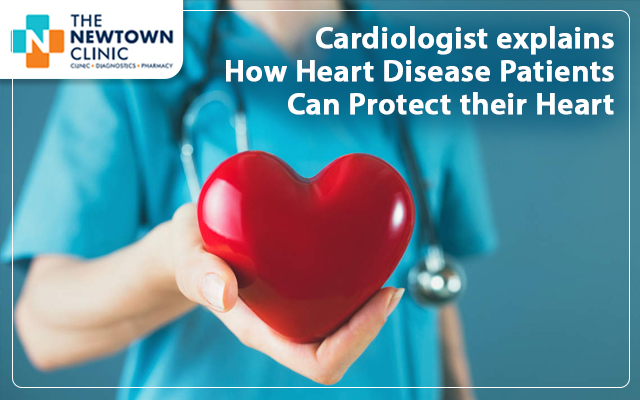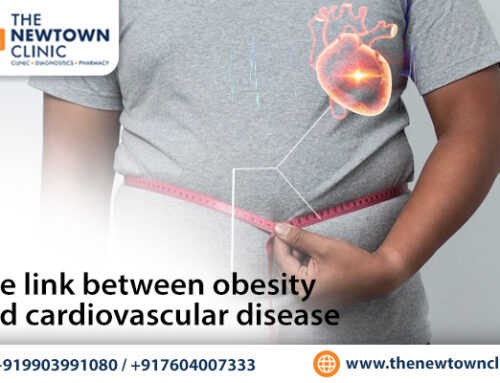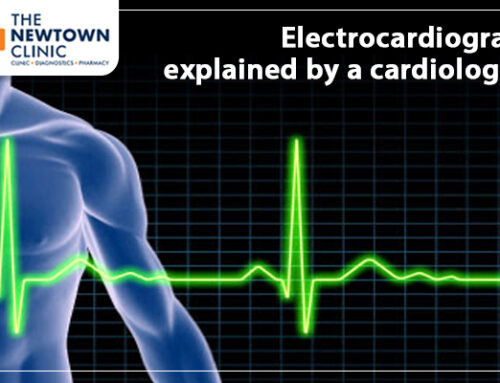Introduction
Heart disease continues to top the chart as the most common reason for death. If you range somewhere above 60 and suffer from heart disease, the oncoming colder temperatures pose a threat. The best cardiologist in Newtown explains why colder temperatures may be bad for your heart.
Cold weather stresses your body
Our bodies make physiological adjustments in cold weather to preserve the core temperature. The changes include –
- Increase in heart rate
- Increase in blood pressure
- Contraction of blood vessels
Your body retains heat in cold temperatures by constricting the blood vessels near the surface of the skin. Because of it, blood flow gets reduced to these vessels resulting in more pressure in the rest of the system. At this time, the heart has to work harder than usual to get oxygenated blood around the body.
These changes increase the chances of blood clots forming, causing heart attacks and strokes. Other factors like hormonal variations and an increase in the number and stickiness of platelets also facilitate blood clots.
These changes can cause significant stress to the body. These changes are expected and necessary for our survival. However, if you suffer from heart disease, these changes pose a threat to your heart, says a top cardiologist in Newtown.
What should you do?
- Cut your time out in the cold – Avoid spending time out in the cold if you suffer from heart disease. If you need to step out for some reason, make sure to warm up yourself and wear warm layered clothes before going out.
- Avoid physically demanding works – Physically challenging activities like running or lifting heavy weights should be avoided.
- Avoid overheating – For someone with heart disease, overheating can make your blood vessels dilate, leading to low blood pressure. This sudden pressure drop can stimulate heart attack. If you start to sweat while out in the cold, go indoors and cool off.
- Get vaccinated – Get a flu shot, as flu can be dangerous for someone with heart disease.
When to see a doctor?
If you identify following risk factors in reference to yourself then you should be careful about your symptoms. The risk factors are
- Experience frequent chest pain
- Diabetic
- High blood pressure
- Have shortness of breath, palpitations or dizziness
- You are or were a smoker
- Have a family history of heart disease
- Chronic kidney disease
- Peripheral arterial disease
If you have any queries regarding your heart disease, consult the best heart specialist in Newtown.








Leave A Comment